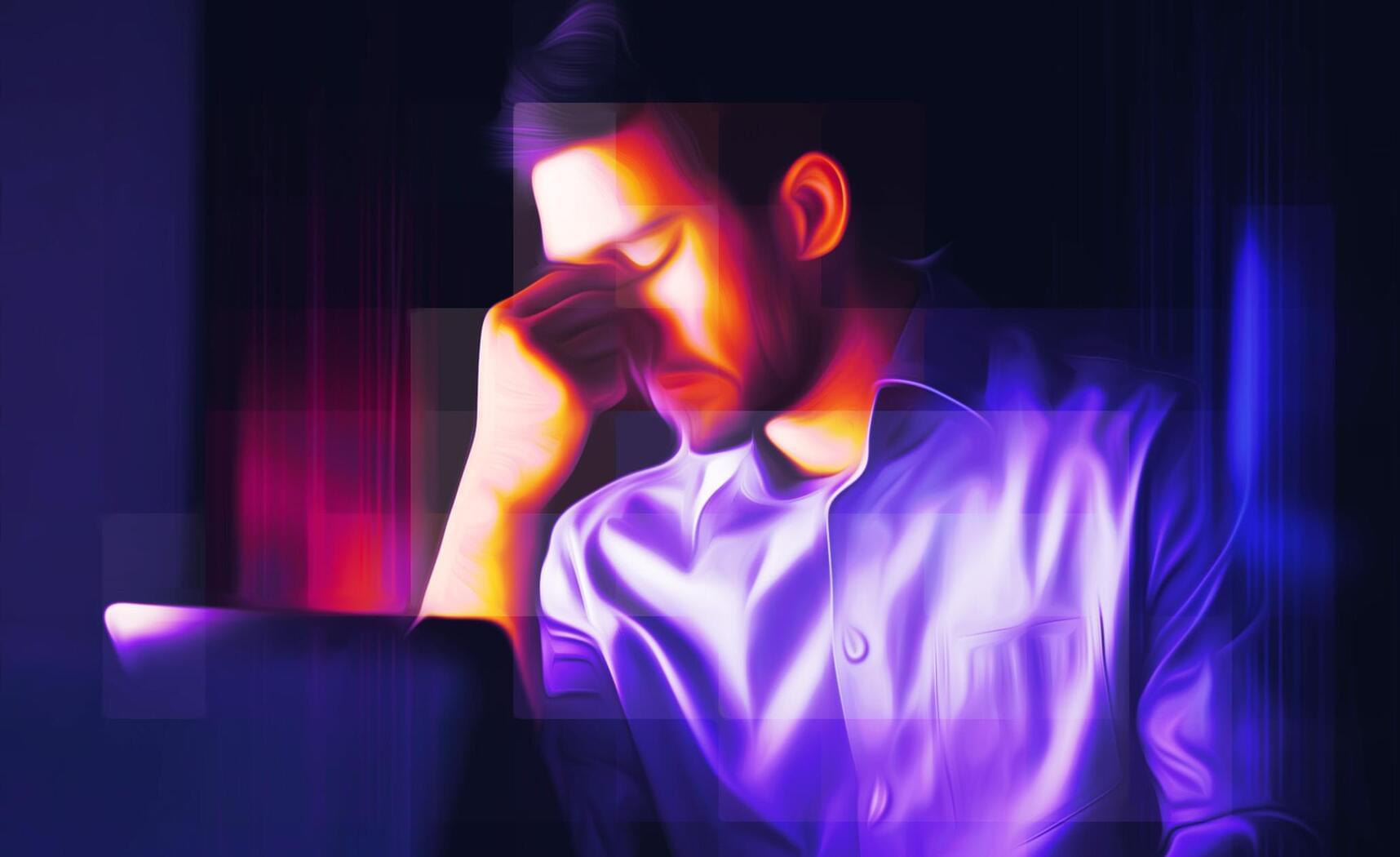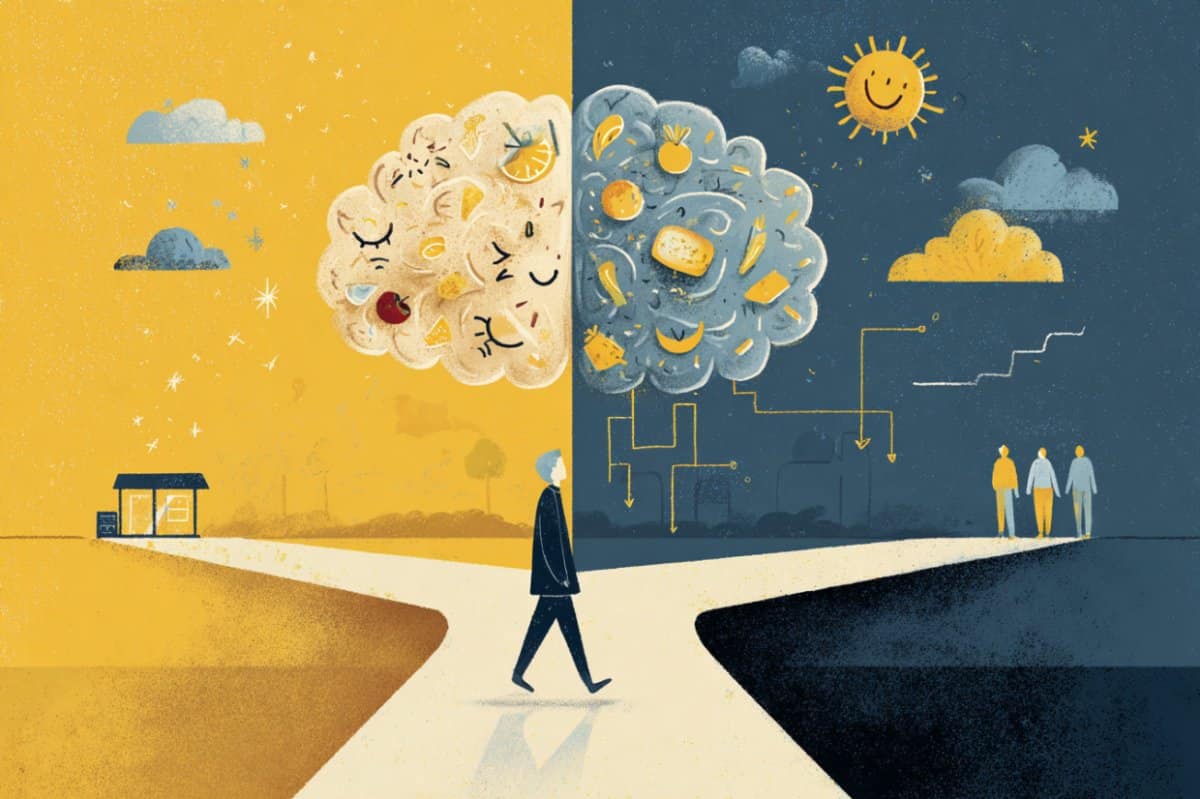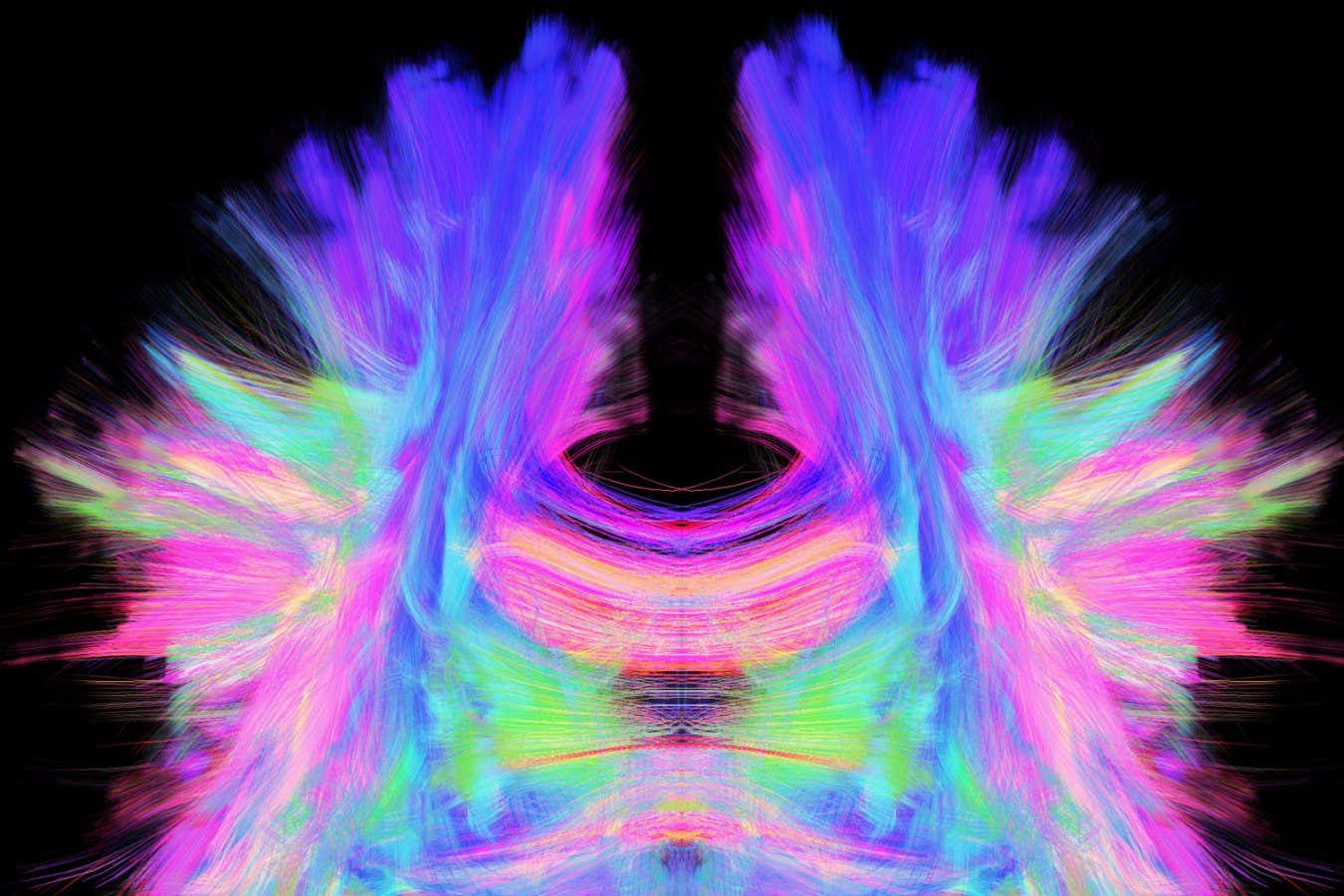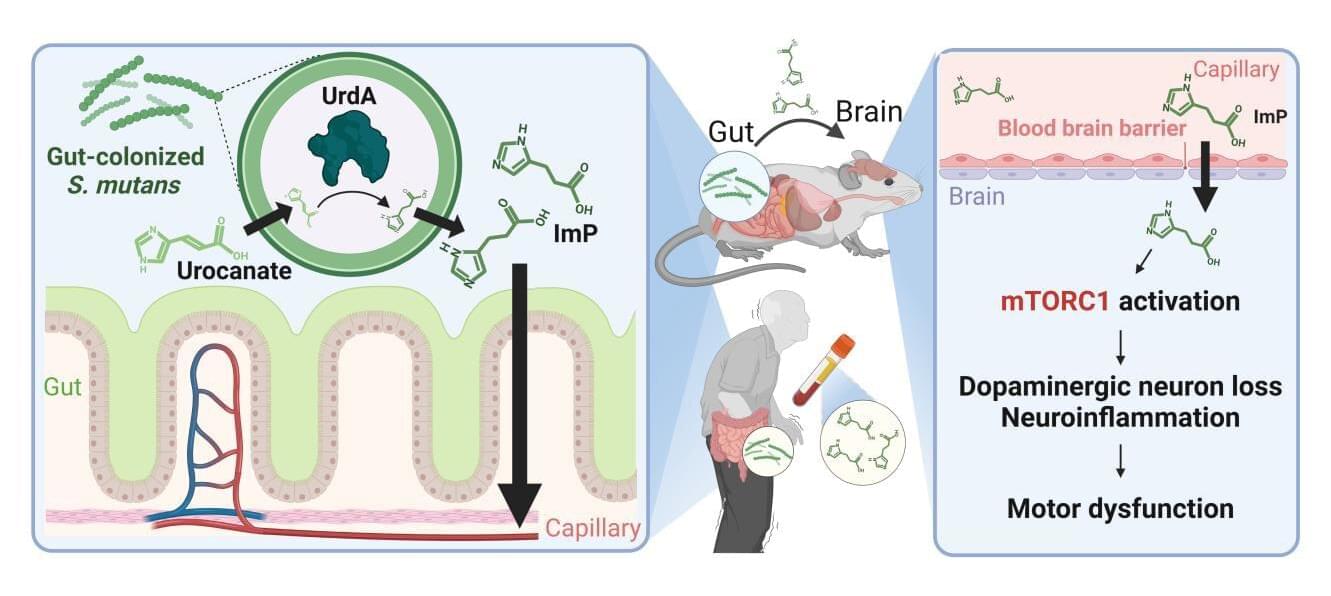While many working people are reasonably worried about AI taking their jobs and leaving them on the street, another consequence of the AI revolution is filling seats in mental health facilities.
The mass adoption of large language model (LLM) chatbots is resulting in large numbers of mental health crises centered around AI use, in which people share delusional or paranoid thoughts with a product like ChatGPT — and the bot, instead of recommending that the user get help, affirms the unbalanced thoughts, often spiraling into marathon chat sessions that can end in tragedy or even death.
New reporting by Wired, drawing on more than a dozen psychiatrists and researchers, calls it a “new trend” growing in our AI-powered world. Keith Sakata, a psychiatrist at UCSF, told the publication he’s counted a dozen cases of hospitalization in which AI “played a significant role” in “psychotic episodes” this year alone.









